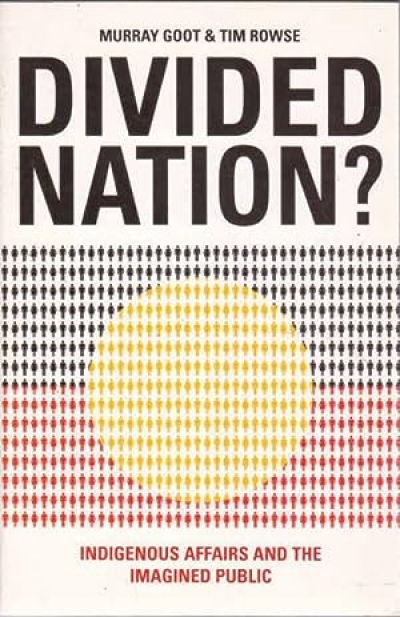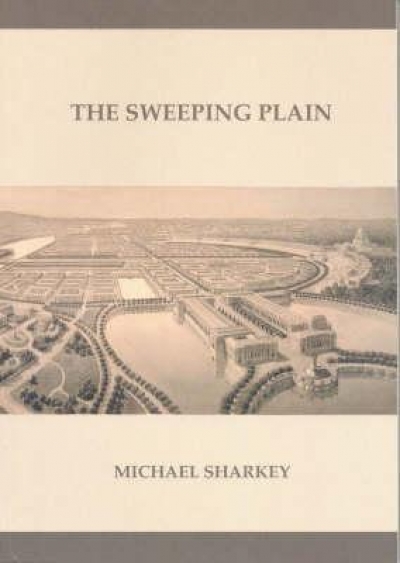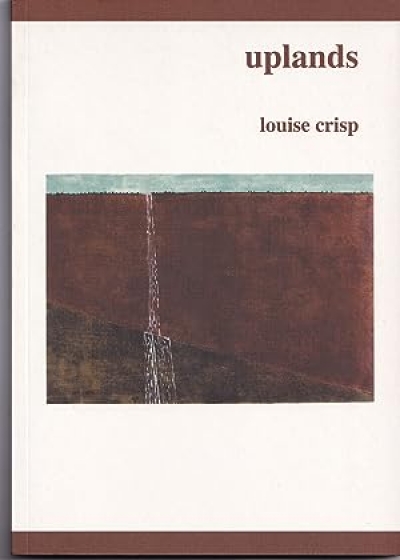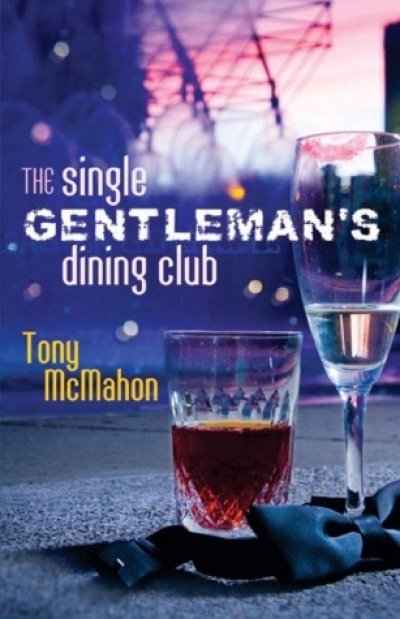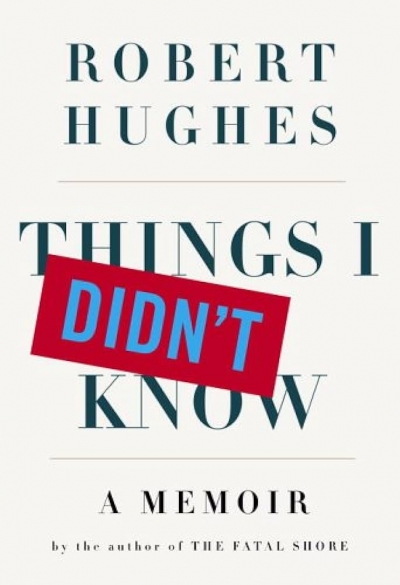Review
Divided Nation: Indigenous Affairs and the Imagined Public by Murray Goot and Tim Rowse
by Anthony Moran •
The Evolution Revolution: Design Without Intelligence by Ken McNamara and John Long
by Ian Gibbins •
The Feasts and Seasons of John F. Kelly by Robert Pascoe
by Michael McGirr •
A Conga Line of Suckholes: Mark Latham’s book of quotations by Mark Latham
by Fred Ludowyk •
Things I Didn’t Know by Robert Hughes & North Face of Soho by Clive James
by Peter Rose •

